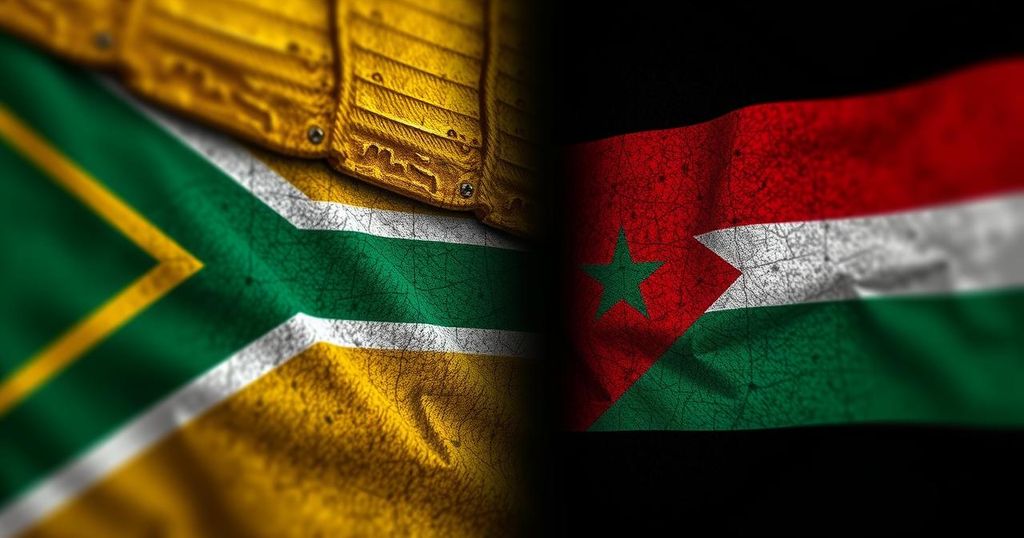South Africa has closed its border with Mozambique due to escalating violence from protests over disputed election results. Opposition groups have claimed electoral fraud as the ruling Frelimo party maintains its grip on power. Authorities have expressed concern over loss of life and have advised against non-essential travel to Mozambique as security deteriorates.
South Africa has once again closed its border with Mozambique as violence stemming from post-election unrest has escalated significantly. Following the recent elections held on October 9, where the ruling Frelimo party extended its longstanding reign, substantial protests erupted as opposition leaders contested the election results, claiming electoral fraud. Authorities in South Africa have cautioned citizens against non-essential travel to Mozambique amidst the turmoil, which includes clashes between protesters and police. Reports indicate that at least 20 individuals have died and many have been injured since protests began in late October. The border closure occurred shortly after a temporary reopening intended to facilitate the movement of vehicles and trucks that were stranded. However, the situation deteriorated quickly as 15 employees from the Mozambican border post sought refuge in South Africa amid escalating violence. Reports suggest that protesters have looted border facilities, leaving South African border officials in a precarious situation. The South African government, represented by International Relations Minister Ronald Lamola, has issued calls for calm and expressed concerns over the violence and loss of life in Mozambique. Amnesty International highlights the severity of the conflict, emphasizing that the government’s handling of the protests has been described as one of the worst crackdowns in recent years. The opposition has accused the Frelimo party of manipulating the electoral process, leading to widespread unrest and demands for accountability. The Mozambican authorities have threatened to deploy military forces to suppress the protests, labeling the demonstrators as attempting to overturn a democratically elected government. As Mozambique faces these challenges, the situation remains volatile and requires close monitoring.
The recent border closure between South Africa and Mozambique comes in the wake of violent protests following Mozambique’s elections on October 9, in which the Frelimo party extended its dominance with significant claims of electoral fraud by opposition groups. This unrest has drawn attention not only to the political climate in Mozambique but also to its implications for regional stability, as South Africa is now forced to respond to the influx of refugees and the potential spillover of violence. The situation is exacerbated by the opposition’s claims that the elections were rigged, leading to international scrutiny and calls for accountability.
In summary, South Africa’s decision to close its border with Mozambique reflects the escalating violence following contested elections. The unrest, resulting in numerous casualties, has prompted warnings from South African authorities regarding travel to Mozambique. The situation remains delicate, with opposition parties accusing the ruling government of electoral malfeasance. These developments necessitate continued observation as both nations navigate this period of political tension and instability.
Original Source: apnews.com






